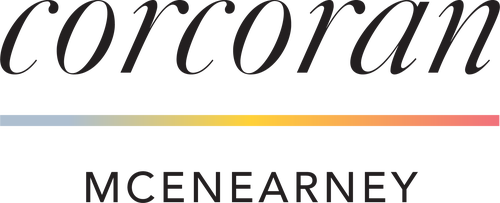Condo associations are in the spotlight as new government lending requirements for condo sales take effect this week, impacting millions of owners and potential buyers.
In the early hours of June 24, 2021, Champlain Towers South, a 12-story beachfront condominium in the Miami suburb of Surfside, FL partially collapsed, causing the deaths of 98 people.
Later that same day a lawsuit was filed in Miami Dade Circuit Court by a resident of the building against the Champlain Towers South Condominium Association, seeking $5 million in damages “due to defendant’s acts and omissions and their failure to properly protect the lives and property of plaintiff and class members”.
What followed was a year of legal maneuvering and class-action lawsuits that ultimately ended on June 23, 2022 – one day before the first anniversary of the collapse – with a $1.02 billion judge-approved settlement in favor of victims of the collapse. The defendants in the case, including the Champlain Towers South Condominium Association and other developers of the property, chose to settle rather than face lengthy litigation and exposure to additional liability.
The collapse of a seemingly sturdy building – only 42 years old at the time – put a spotlight on the culpability of condominium owners’ association boards and deferred maintenance. Reports soon emerged that the long-term degradation of reinforced concrete structural support in the basement-level parking garage under the pool deck had been a cause of the collapse. The problems had been reported in 2018 and noted as “much worse” in April 2021, and while a $15 million program of remedial works had been approved before the collapse, the main structural work had not started.
Flash forward to this week and federally funded lending companies Fannie Mae and Freddie Mac made permanent on September 18 new requirements to project eligibility standards for condominiums and housing cooperatives. Given that there are an estimated 175,000 condo associations in the U.S. – according to the Community Associations Institute (CAI), the leading international membership & advocacy organization for condo associations with over 45,000 members and 63 chapters internationally and domestically – this move will have great impact across the condo market.
According to CAI, community association boards and managers will likely see changes in lender questionnaires and requests from lenders for additional documentation, including: insurance policies, budgets, financial reports, reserve studies and funding schedules, documentation regarding special assessments, documentation about litigation or alternative dispute resolution, and – importantly – building inspection reports. If the association does not provide this information to lenders, the project may be deemed ineligible, and put on an ineligible list.
While the Fannie Mae/Freddie Mac requirements had been in temporary status since shortly after the Surfside collapse, it may come as a surprise to buyers and sellers who were not aware of them now that they have become standard practice. So what does this mean for condo owners and potential buyers?
“Subsequent to the tragedy in Surfside Florida, Fannie Mae and Freddie Mac implemented more stringent requirements for determining whether a condominium project is eligible for individual unit financing, meaning lenders now require an increased level of documentation and additional appraisal requirements to help determine whether a project is potentially structurally unsafe,” says Brian Bonnet, Senior Loan Officer with Atlantic Coast Mortgage. “The temporary project review requirements implemented two years ago, and which have now been made permanent, have resulted in an increased number of condo projects no longer being eligible for standard mortgage financing. Condo associations, individual unit owners and potential buyers should become educated as to the lending industry’s requirements for certifying the acceptability of a condominium project.”
As a buyer, the best start is always to speak with a local lender who will guide you through the process and let you know which condo projects are not currently eligible for some financing. There may be additional requirements for FHA and VA/veteran buyers to be aware of that conventional financing doesn’t require. For sellers, be sure to review your condo associations documents and speak with the condo association board for any updates to be aware of.
Read the full Fannie Mae & Freddie Mac review of condo lending requirements here.
Don’t miss a post! Get the latest local guides and neighborhood news straight to your inbox!

 Facebook
Facebook
 X
X
 Pinterest
Pinterest
 Copy Link
Copy Link






